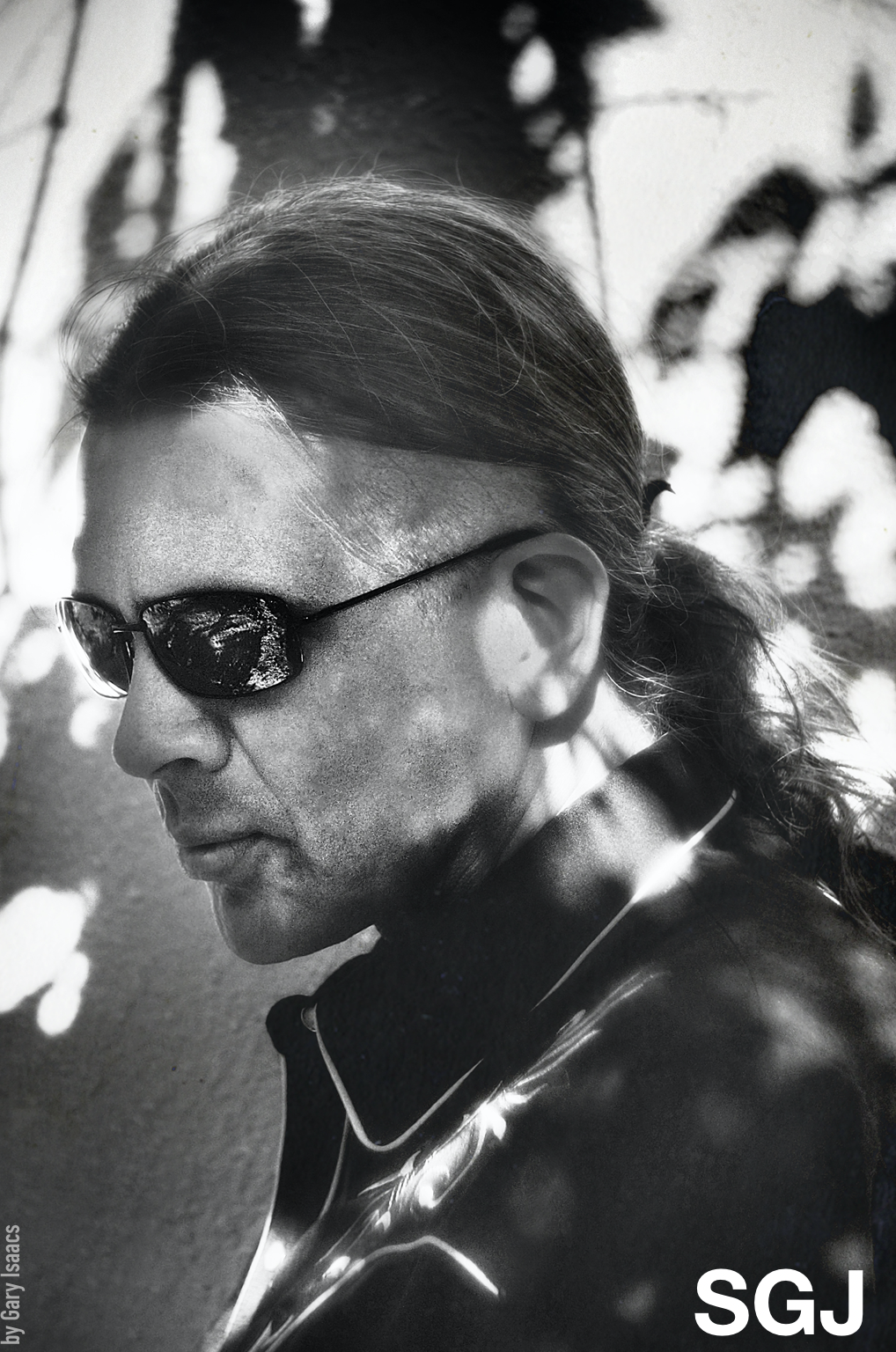Just went to the most excellent lecture-discussion led by David Ulin, with Matthew Zapruder and Rob Roberge and Elizabeth Crane Brandt and Mark Haskell Smith and Tod Godberg chiming in—more people as well, but, you know, you lose track. Not of the talk, though. It was about John D’Agata’s About a Mountain, and the kind-of follow-up/undercut The Lifespan of a Fact, neither of which I’ve hit (so lost in Song of Ice and Fire). But I’m going to now.
And, to ramp right off of the actual discussion into where and how it hit me: that other post, where I was talking about why I wrote Growing Up Dead in Texas? None of those were lies. But I realized, during this panel, that that wasn’t quite complete, either.
To back up, I’ve had a lot of students and various unsorted people kind of shuffle up to me, and lead in their question or request or whatever with some version of “I know you hate non-fiction, but . . . ” Which is fair. I mean, I wouldn’t say I hate non-fiction, but it’s not what I do, and, starting about ten years ago, I got all highly sensitized to and more than slightly defensive about how non-fiction was encroaching on fiction. But, at the same time, I’ve read some really good non-fiction, and know there’s some great stuff out there waiting to change my life, and, yeah, I’m finally coming around to agree with David Ulin, that calling one thing ‘fiction’ and another ‘non-fiction’ is finally not that helpful, is limiting in various ways, bleedover’s healthy and proper, all that.
However, back when, I could see non-fiction stealing readers from fiction, and, being a fiction writer, my first impulse of course was to throw up walls and definitions, to call it ‘other’—real honest work on my part, yes. But then that slowly became a fascination. Not so much with the form, but with the audience’s attraction to the form. It’s like when I see somebody eating a food that’s strange to me: I can’t understand why they would do that. I kind of like watching them do it, though.
And then of course, as these things tend to progress, they leave a bite on their plate and I sneak over, close my eyes, give it a test-ride, tall glass of water in hand.
I think that’s part of why I wrote Growing Up Dead in Texas. I mean, no, it completely doesn’t make sense to me, playing in a field of facts when there’s so many fun lies to swim in. I’m not remotely concerned with whether something’s verifiable or not. I just want to be convinced. I want to believe. If it feels true, it is true. And it’s story that does that for me, not some fidelity or accuracy or, I don’t know, journalistic integrity? I’m out of my waters here, don’t even know the proper terms. However, had I been less prejudiced, I’d of course have seen right off that my arguments for writing in all the ghetto-ized genres—horror, science fiction, fantasy, on and on—it applies perfectly to writing non-fiction: when you’re given this small little taped-off square to dance in, you’ve got to be such a good dancer to impress the audience. The corollary of course being that lots of writers, they’ve got too much floorspace, aren’t doing anything interesting with it. And I’ll hold on that.
Still, I wanted to understand this fascination with non-fiction. And, when I wanted to get a better handle on horror (and dialogue), I wrote Demon Theory. When I found there were questions I couldn’t answer about noir, I wrote Not for Nothing. When love stories were confusing, Flushboy. And on and on, every time out. It was the same with Growing Up Dead in Texas. In order for me to track why the audience was shifting, I had to get some kind of handle on what it was shifting to. So, for the second time ever (the first is my ‘bio’ at the back of the book), I laid my pen down into something not made-up. Just to see what would happen.
And, what I found, what was so thrilling—aside from that I could still just lie whenever I wanted (turns out there’s no police)—was that the same thing that had driven The Bird is Gone, or Ledfeather, or Demon Theory, or It Came from Del Rio, it could still drive this: indeterminacy. What Matthew Zapruder called ‘productive confusion’ at that panel. I think that’s what I’ve always been writing towards, or from, or around. I think all I’ve been doing since Fast Red Road, and all I’ll keep doing, it’s writing my own complicated, poorly-disguised versions of “How to Tell a True War Story.” And hopefully failing over and over again, but never quite learning from those failures. Instead, like Karate Kat, just going back out there again, against bigger and more cartoonish bad guys, some of whom I have to prop up myself. Some of whom will be windmills. But you’ve got to close your eyes and swing, I think. And, to go even one metaphor further, every great once in a while you get a solid piece of something, send it out over the fence. And everybody rises to catch it.

 is the NYT bestselling author of 30 or so books, +350 stories, some comic books, and all this stuff here. He lives in Boulder, Colorado, and has a few broken-down old trucks, one PhD, and way too many boots. More
is the NYT bestselling author of 30 or so books, +350 stories, some comic books, and all this stuff here. He lives in Boulder, Colorado, and has a few broken-down old trucks, one PhD, and way too many boots. More